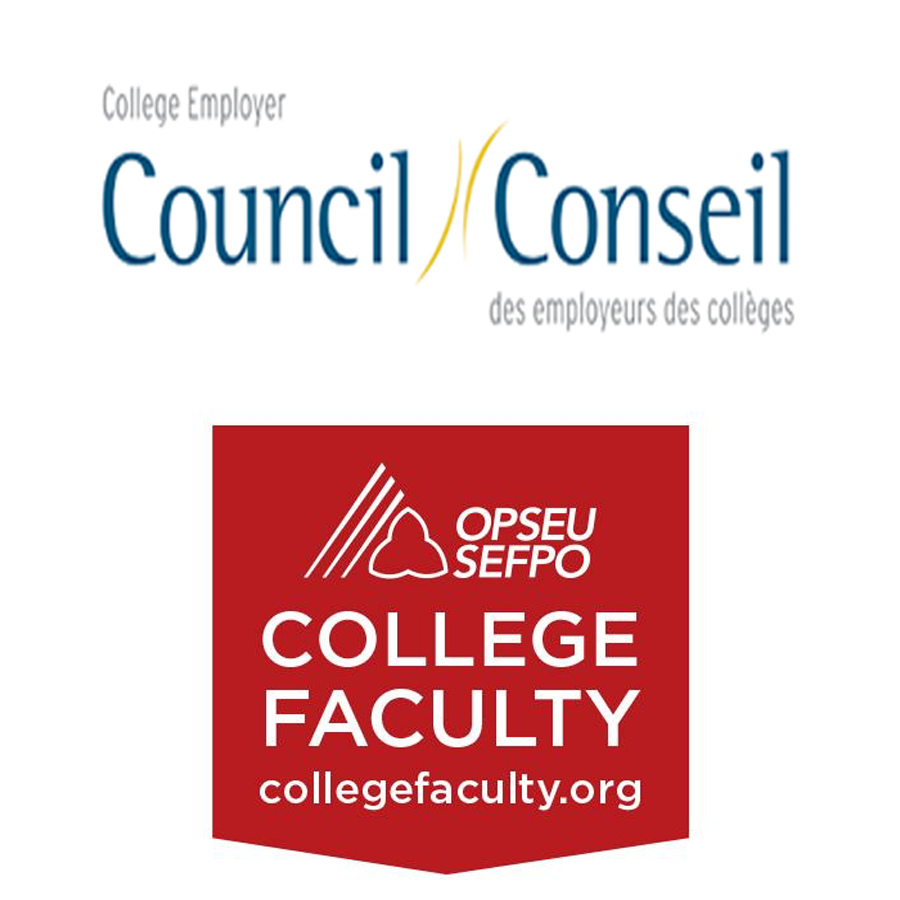As strike looms Loyalist students have questions

The College Employer Council representing Ontario Colleges and OPSEU representing college faculty have been negotiating every weekday for the past two weeks.
BELLEVILLE – Talk of a faculty strike has been swirling Loyalist College since early September. QNet News asked students what they wanted to know from the two sides in the negotiations.
Last week as negotiations broke down, a no-board request was made to the Ministry of Education by the union. In doing so, the threat of a strike or lockout by mid-October became more real.
More in-depth information on the current situation can be found here
Loyalist students were asked what questions they want to be answered regarding the ongoing negotiations between faculty and colleges in Ontario. We boiled the question down to four in total which were then sent to parties representing both the faculty and colleges.
Answering student questions on behalf of the faculty is OPSEU Local 420 president, Eric Bauer, and an the behalf of the college is the chair of the colleges’ bargaining team, Sonia Del Missier.
Question One: What is the most contentious issue preventing successful negotiations?
Missier:
“The union’s proposals are not the basis for a settlement. The colleges cannot agree to take on more than $400 million in extra annual costs, the elimination of 4,280 contract faculty positions, restructuring of college governance, and the end of college oversight of academic delivery. We believe that the colleges’ offer is the basis for a settlement. It provides a salary increase of 7.5%, a lump sum signing bonus, benefit enhancements, and no concessions.”
Bauer:
“The hold-up in negotiations stems from the CEC’s refusal to consider faculty’s position that college governance needs change. Faculty envision a learning environment for students that is of exceptional quality and full of future promise. To achieve this goal our fight is to establish academic freedom (i.e. meaningful inclusion with management in relation to academic decision-making), to increase the full-time faculty complement (i.e. faculty oppose the CEC’s proposed freeze on hiring preference for full-time faculty positions) and to bring fairness to a ballooning and exploited precarious teacher work-force that deserves equitable and secure employment (i.e. enforce the provisions of the Fair Workplace, Better Jobs Act, 2017 – Bill 148). “
Question Two: Are the opinions of students taken into account during negotiations?
Missier:
“Absolutely. Our main concern is the education of our students. We understand that news articles and commentary about a strike vote by college faculty can cause concern. Regardless of how events unfold, students should know that no Ontario college student has ever lost their academic year because of a work stoppage.”
Bauer:
“Faculty’s position at the negotiating table is a direct product of our interest to support a qualitatively superior learning experience for students. I can’t speak for the CEC and their consideration of students’ interest: I would argue, however, that the CEC’s refusal to negotiate the inclusion of qualified content experts in fulsome and meaningful academic decision-making says more about CEC’s consideration of student needs and interests than anything they say.”
Question Three: What does a no-board report mean for students?
Missier:
“The no board report starts the countdown clock to a strike. A strike by Ontario college faculty is completely unnecessary. We appreciate that the move by the union will increase anxiety among students, who are worried about a disruption to their studies. “
Bauer:
“The no-board report represents a procedural/sequential negotiating step that the faculty bargaining team was forced to take because the CEC has refused to participate in sincere negotiation. For students specifically, this step shows faculty’s commitment to challenge management to address systemic problems in the college system including the need to improve academic decision-making, the need for more full time teachers, and the need to treat all teachers fairly with respect to working conditions and pay.”
Question Four: How is bargaining going currently?
Missier:
“We won’t provide specific commentary on what is happening at the table, but the parties are meeting this week.”
Bauer:
“Bargaining is ongoing and faculty are hopeful that a mutually agreeable contract can be negotiated promptly to forestall any disruption to students’ learning experience.”
 Print This Post
Print This Post






